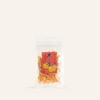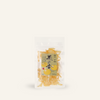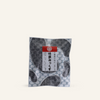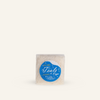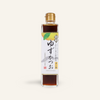Noodles
Inaniwa udon - Premium wheat noodles 200g
Inaniwa udon - Premium wheat noodles 200gRef. {{ sku }}: Ref. 430
In stock
Description
Inaniwa udon noodles are premium noodles from the Inaniwa district of Akita Prefecture. These udon noodles, whose recipe dates back to 1665, are made with Japanese wheat and water from Mount Kurikoma. The traditional manufacturing process involves longer resting times and hand kneading, which encourages the formation of air bubbles responsible for elasticity. As a result, Inaniwa udon are thinner and smoother, with a particularly chewy texture.
Conservation
Store at room temperature, away from sunlight. After opening, store at room temperature, away from sunlight.
Ingredients & Allergens
Wheat flour (93.5%), Salt (5.4%), Water (1.1%), Potato starch (0%)
Nutritional Values
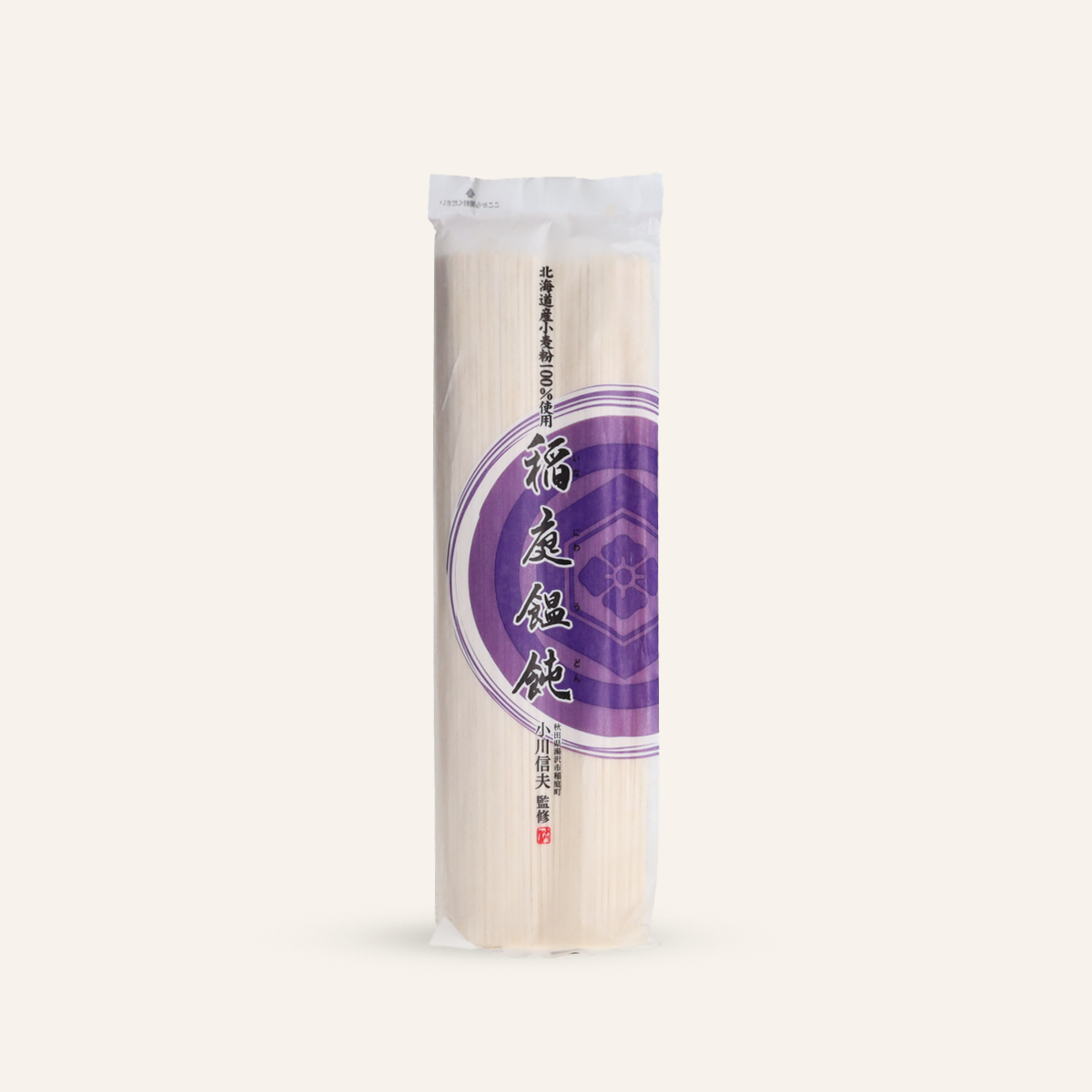
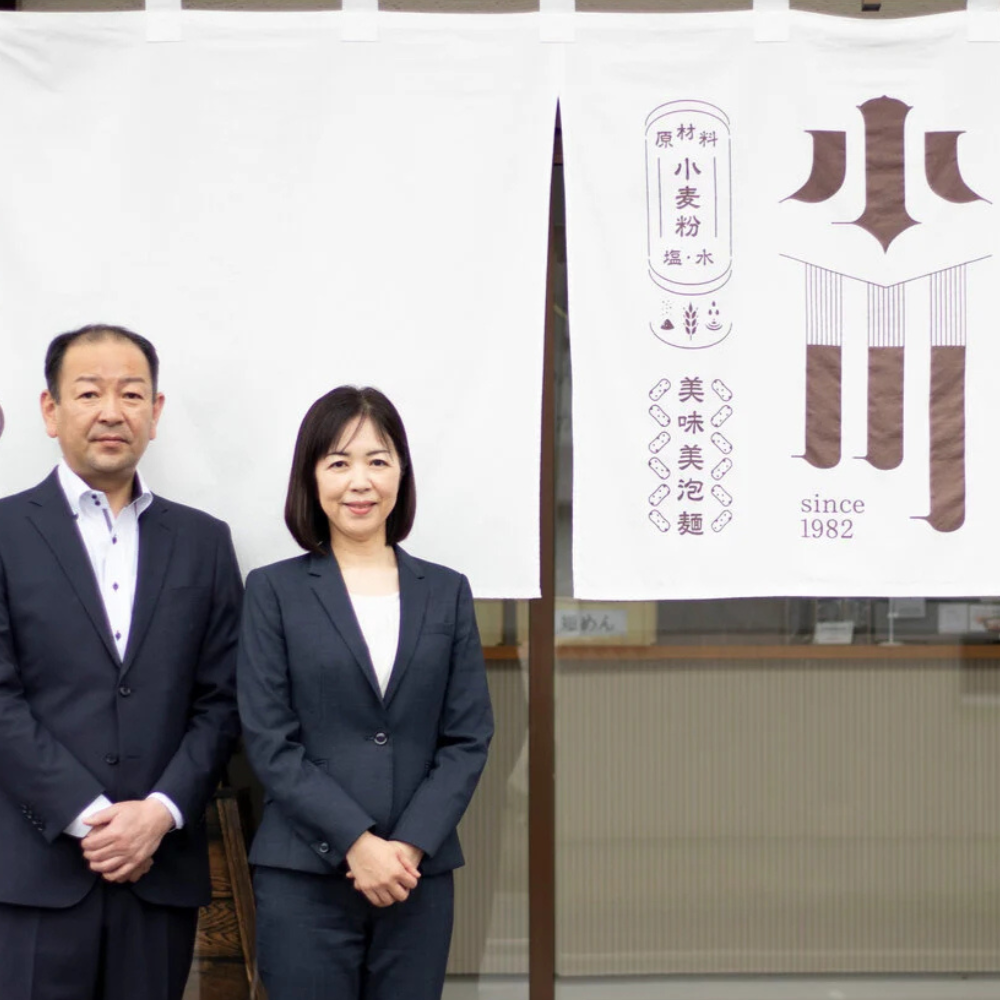
Ogawa Udon (Inaniwa)
The Inaniwa udon originated in the city of Inaniwa, in Akita Prefecture, and their history dates back to 1665. These premium udon noodles were reserved for feudal emperors during the Edo period. The company Ogawa Udon, founded in 1982, is dedicated to making Inaniwa udon noodles with respect for tradition. Its current president, Nobuo Ogawa, perfected the noodle-making technique by spreading the process over four days instead of the usual three, extending the dough’s resting time. This traditional process uses no machines and is the result of unique expertise. The distinctive drying method preserves the noodles’ whiteness, comparable to snow. Everything is done by expert hands, working with simple, natural, and local ingredients. The company is JAS (Japan Agricultural Standards) certified, which means that the raw materials and manufacturing methods meet organic agricultural standards. The company places a strong emphasis on quality and hygiene.
